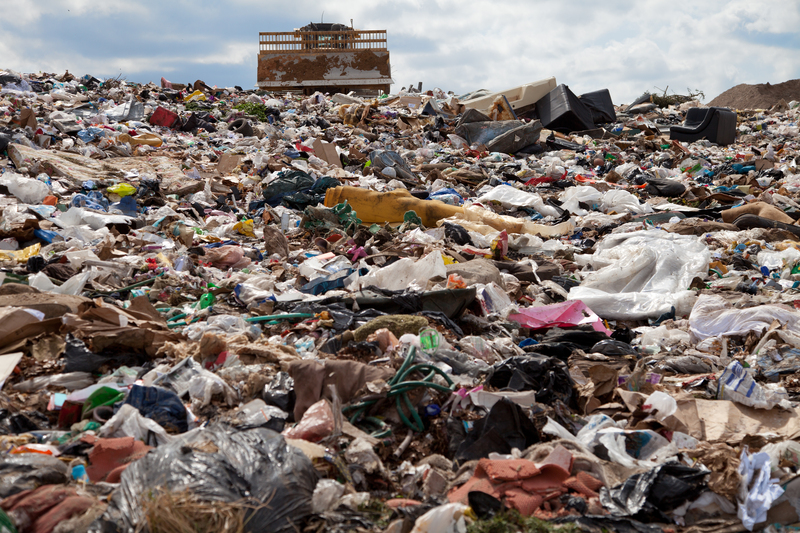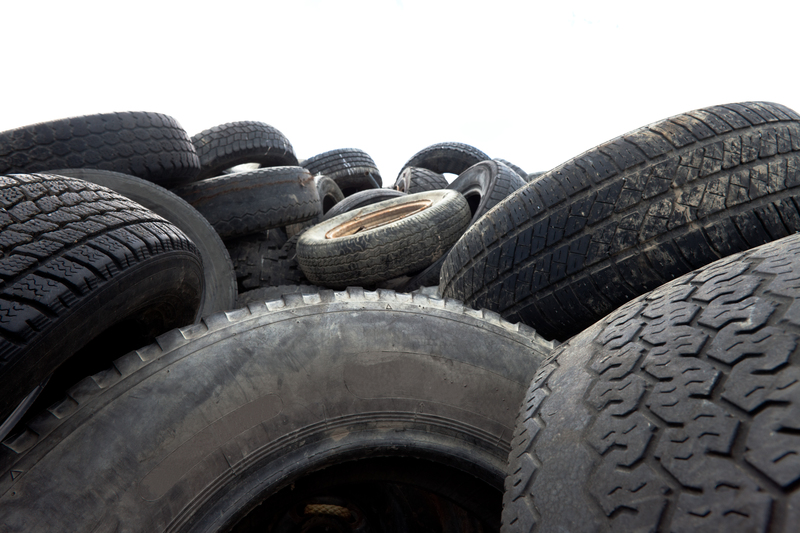In today's world, the importance of sustainable practices is more pronounced than ever. Among these, recycling metals stands out as a profound means to conserve natural resources and minimize environmental impact. Recycling metals not only contributes to the eco-friendly cycle of material use but also taps into the broader spectrum of economic and energy benefits.
The Importance of Metal Recycling
Metals such as steel, aluminum, copper, and iron are integral to many of our everyday products. However, the extraction and processing of these metals can wreak havoc on the environment. Recycling them, conversely, presents a sustainable pathway for their continued use, significantly reducing environmental degradation.
Resource Conservation
One of the primary benefits of recycling metals is the conservation of natural resources. The process of mining raw materials is both energy-intensive and destructive to ecosystems. Through recycling, we reduce the need for new metal extraction, thus preserving critical natural habitats and decreasing the ecological footprint of human activities.
- Preservation of non-renewable resources
- Reduction in landscape destruction and biodiversity loss
- Less energy consumption compared to raw material extraction
Reduction of Energy Consumption
The energy required to recycle metals is often a fraction of what is needed for producing new metals from ore. For instance, recycling aluminum saves up to 95% of the energy necessary to produce the same amount from bauxite. This significant reduction in energy use translates to less strain on power resources and a substantial decrease in greenhouse gas emissions.

Environmental Impact of Metal Recycling
The environmental gains from metal recycling go beyond just conserving energy and resources. They play a pivotal role in reducing pollution and minimizing waste, both of which are critical challenges in achieving ecological sustainability.
Reduction of Air and Water Pollution
Mining and metal production can result in the release of toxins into the air and water. By recycling metals, the emission of harmful pollutants like sulfur dioxide and carbon dioxide is greatly reduced. Furthermore, recycling helps mitigate water pollution by decreasing the number of metals that end up in landfills, where they could potentially leach into the water table.
- Lessened air pollution through decreased emissions
- Reduced risk of water contamination
- Decrease in landfill usage, lowering the chance of leachate formation
Reduction of Landfill Wastes
Landfills are slowly becoming unsustainable due to the accumulation of wastes. Metals occupy a significant portion of this waste. By recycling, the volume of metal waste sent to landfills is significantly reduced, promoting better land use and reducing the risks of soil contamination.
Economic Benefits of Recycling Metals
Aside from the obvious environmental upsides, recycling metals brings substantial economic benefits. This process stimulates job creation and contributes to the economic stability of regions relying on metal industry revenues.
Job Creation and Economic Growth
The recycling industry is burgeoning into one of the most promising sectors for employment. According to recent studies, recycling programs can create nearly ten times more jobs than through waste disposal processes. From collection to processing, every step of metal recycling involves labor, thereby generating numerous employment opportunities.
- Creation of skilled and unskilled jobs in recycling plants
- Encouragement of local economies through job availability
- Potential development of innovative recycling technologies and new business models
Cost Efficiency
Recycling metals is often more cost-effective than extracting new materials. The financial savings realized from energy conservation, lower raw material costs, and improved production efficiency translate into more competitive pricing structures for consumers and producers alike.
Businesses capable of incorporating recycled metal into their supply chains can also benefit from tax incentives and government subsidies designed to encourage sustainable practices. This further underscores the economic viability of metal recycling.

Challenges and Solutions in Metal Recycling
While the advantages are numerous, there are also challenges associated with metal recycling. These include the initial costs of setting up recycling infrastructure, the difficulty in differentiating and sorting various metals, and the loss of metal quality over repeated recycling sequences.
Innovative Recycling Technologies
In response to these challenges, the development of advanced recycling technologies is essential. Recent advances in automated sorting and shredding technologies have improved the efficiency of recycling processes. Moreover, innovative techniques, such as chemical recycling and hydrometallurgy, are paving the way for the recovery of metals from complex waste streams, ensuring the purity and quality of recycled metals.
Further advancements in material science can also lead to the creation of alloys specifically designed for multiple recycling cycles without quality degradation, fostering even greater sustainability in metal use.
Public Awareness and Participation
Education and public awareness campaigns play a pivotal role in enhancing recycling practices. Consumers need to understand the importance of sorting and disposing of metal waste correctly. Public participation can be encouraged through incentives and educational initiatives geared toward highlighting the environmental benefits of recycling metals, fostering a culture of sustainability and responsibility.
Conclusion
The environmental gains from recycling metals are substantial. It is vital for societies around the globe to continue supporting and expanding metal recycling programs. In doing so, we not only preserve our planet for future generations but also create a more sustainable and economically viable world. Embracing metal recycling is not just about reducing waste--it's about forging a path towards a greener and more prosperous future.